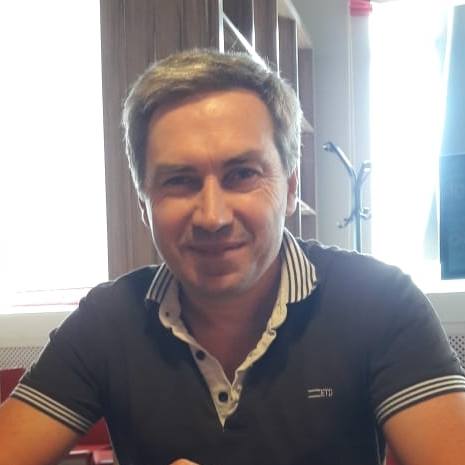
Dr. Alexandru Parvan
Statistical-thermal models based on the principles of the (local) equilibrium thermodynamics and statistical mechanics and their applications to describe the hadron mass production and the transverse-momentum spectra of hadrons created in a final state of the high energy heavy-ion collisions and proton-proton inelastic reactions. Foundation of the nonextensive statistics and application of its exact results to the description of the experimental data on the hadron transverse momentum distributions at high energies. Development of the statistical quark-parton model for the deep inelastic scatterings. Relativistic mean-field models for hadronic systems and Quark-Gluon Plasma (QGP) and their applications to the study of hadron-QGP phase transition. Sign problem in the SU(3) lattice QCD. The geometry and elementary particles theory. Quantum chromodynamics. Calculation of the cross-sections of the different processes in SM and beyond SM.
- A.S. Parvan, Lorentz transformations of the thermodynamic quantities, Annals of Physics 401, 130 (2019)
- A.S. Parvan, Finite size effects in the thermodynamics of a free neutral scalar field, Physica A 496, 410 (2018).
- A.S. Parvan, Ultrarelativistic transverse momentum distribution of the Tsallis statistics, Eur. Phys. J. A 53, 53 (2017).
- A.S. Parvan, Caloric curve for nuclear liquid-gas phase transition in relativistic mean-field hadronic model, Nucl. Phys. A 887, 1 (2012)
- A.S. Parvan, Microcanonical ensemble extensive thermodynamics of Tsallis statistics, Phys. Lett. A 350, 331 (2006).
- A.S. Parvan, V.D. Toneev, M. Płoszajczak, Quantum statistical model of nuclear multifragmentation in the canonical ensemble method, Nucl. Phys. A 676, 409(2000).



